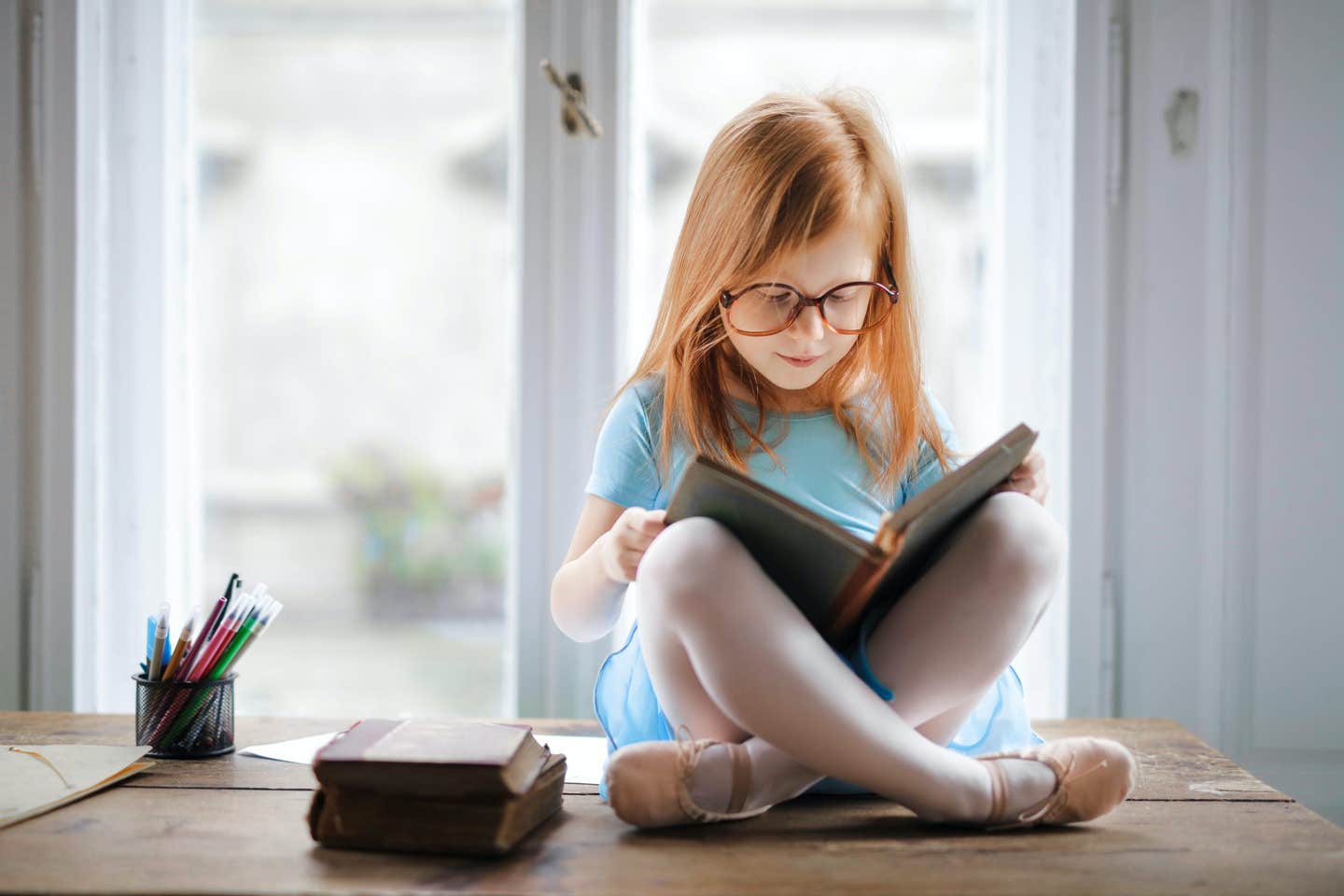Groundbreaking study documents the positive effects reading has on kids
A groundbreaking study now offers a compelling overview of the profound impact of reading on children’s happiness and problem-solving.

[Aug. 29, 2023: Staff Writer, The Brighter Side of News]
This extensive survey, commissioned by the digital reading platform, Epic, and orchestrated by OnePoll, saw participation from 1,500 American parents and 500 K-6 teachers. (Credit: Creative Commons)
It's no secret that children who read frequently reap numerous benefits from their habit. A groundbreaking study now offers a compelling overview of the profound impact of reading on children's happiness, physical activity, imagination, and problem-solving abilities.
This extensive survey, commissioned by the digital reading platform, Epic, and orchestrated by OnePoll, saw participation from 1,500 American parents and 500 K-6 teachers. Its findings provide a comprehensive glimpse into the world of child readers, their aspirations, and the vast difference reading can make in molding them into well-rounded individuals.
Key Highlights from the Study
A staggering 91% of children aged 5-12 who are avid readers also report higher happiness levels, compared to 36% of non-readers.
The physical benefits of reading shine through, as 92% of frequent child readers are also more physically active than their counterparts, of which only 40% engage in regular physical activity.
Notably, children who read "often" or "very often" displayed a significantly more active imagination. The numbers speak for themselves: 95% compared to 57% of those who rarely or never delve into books.
Reading also appears to foster resilience and problem-solving skills. While 49% of infrequent readers avoid addressing difficult situations, a majority of frequent readers actively seek solutions: 52% try to resolve issues on their own, and an impressive 69% approach their parents for guidance and support.
Related News
Kevin Donahue, the Co-founder of Epic, passionately shared, “The role books play in a child’s life is practically immeasurable. For children, it's a separate world - one brimming with inspiration, offering glimpses of the possibilities awaiting them as adults.”
Average Reading Habits and Preferences
Diving deeper into children's reading habits, the study revealed that the average child reads approximately five books monthly, both within and outside the academic environment. Encouragingly, 54% embark on a new literary adventure at least once a week.
Teachers also weighed in with their observations. A significant 56% pointed out that their classes had one "favorite" book that most students gravitated towards. The leading genres among these favorites were adventure (41%), picture books (38%), fantasy (36%), and comics or graphic novels (36%).
Study finds the positive effects reading has on kids. (CREDIT: NY Post)
Reading in School and Teachers' Perspectives
Despite an average reading time of 35 minutes during school hours (excluding textbooks), 40% of educators feel that students don't dedicate adequate time to this beneficial pursuit.
With a drive to inspire students to embrace reading outside the curriculum, teachers have developed specific methods:
Motivating them to visit local libraries - 66%
Offering in-class points as rewards - 60%
Promoting the use of digital reading platforms - 49%
Organizing classroom parties - 34%
Arranging in-class reading contests - 31%
Study finds the positive effects reading has on kids. (CREDIT: NY Post)
Digital reading, in particular, holds significant promise, with 77% of educators employing it as a strategy to engage hesitant readers. Over half (53%) observed that digital reading platforms, like Epic, played a pivotal role in helping students recover from the learning losses suffered during the pandemic.
Kevin Donahue aptly noted, “What’s truly encouraging is how reading has evolved beyond just a physical book. In this digital age, making content accessible can catalyze a child’s motivation to read more, learn more, and be inspired to do more.”
Study finds the positive effects reading has on kids. (CREDIT: NY Post)
Parental Influence and Aspirations
Parents too play an indispensable role in fostering a love for reading. The top methods they utilize to encourage reading include:
Ensuring ample books are available at home - 26%
Regular visits to libraries - 23%
Carrying books during car rides - 13%
Allowing kids to read on personal devices like phones or tablets - 11%
Packing books for vacations - 10%
This persistent engagement seems to yield fruits, not just in terms of cognitive development but also in shaping a child’s future aspirations. A significant 55% of parents revealed that their children indulge in pretend-play, often drawing inspiration from their readings.
Study finds the positive effects reading has on kids. (CREDIT: NY Post)
Furthermore, 27% of kids admit that their career aspirations, such as becoming doctors, teachers, or scientists, stem directly from the books they've encountered.
As society hurtles further into the digital age, it's clear that books - whether in physical or digital form - remain integral in shaping a child’s present experiences and future ambitions. Whether it's for pleasure, learning, or inspiring life goals, reading evidently offers children a gateway to boundless opportunities.
Note: Materials provided above by The Brighter Side of News. Content may be edited for style and length.
Like these kind of feel good stories? Get the Brighter Side of News' newsletter.



